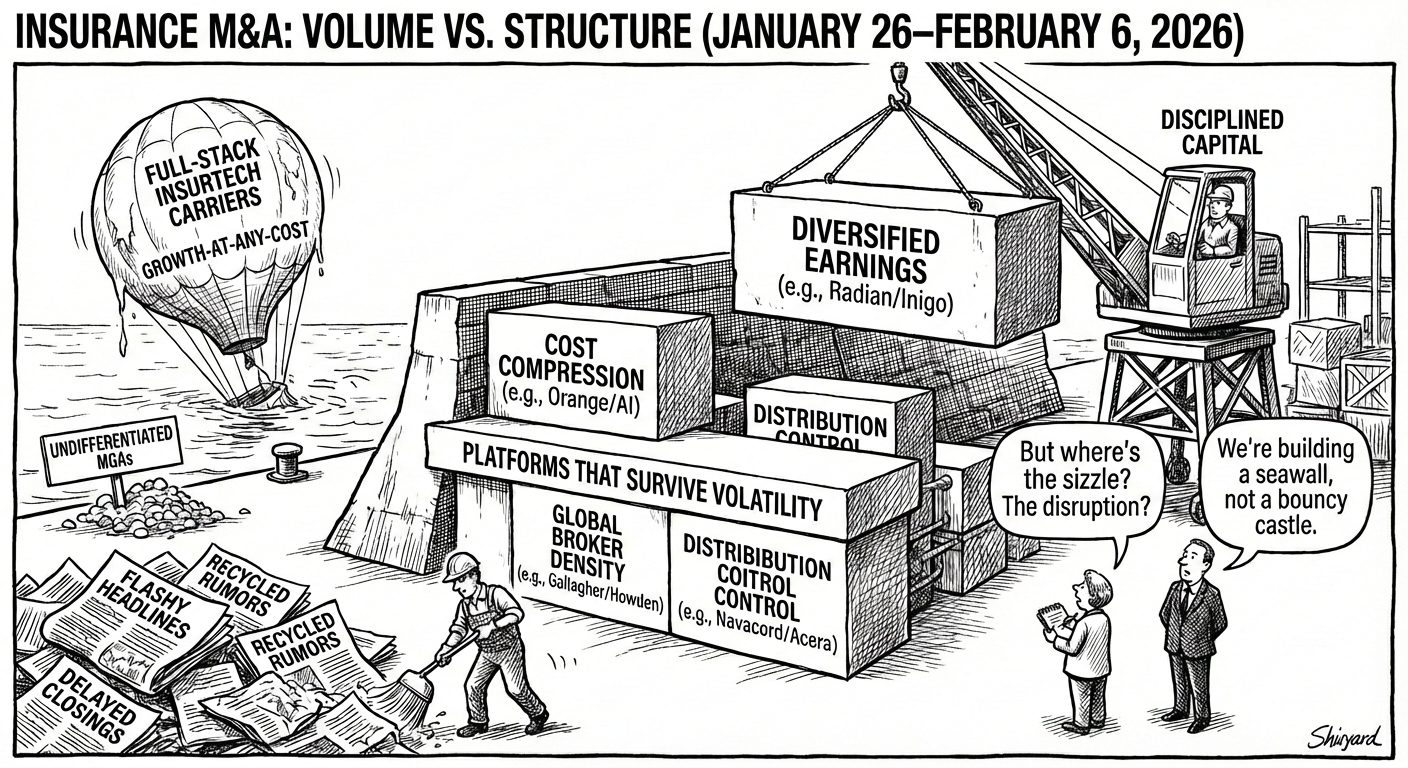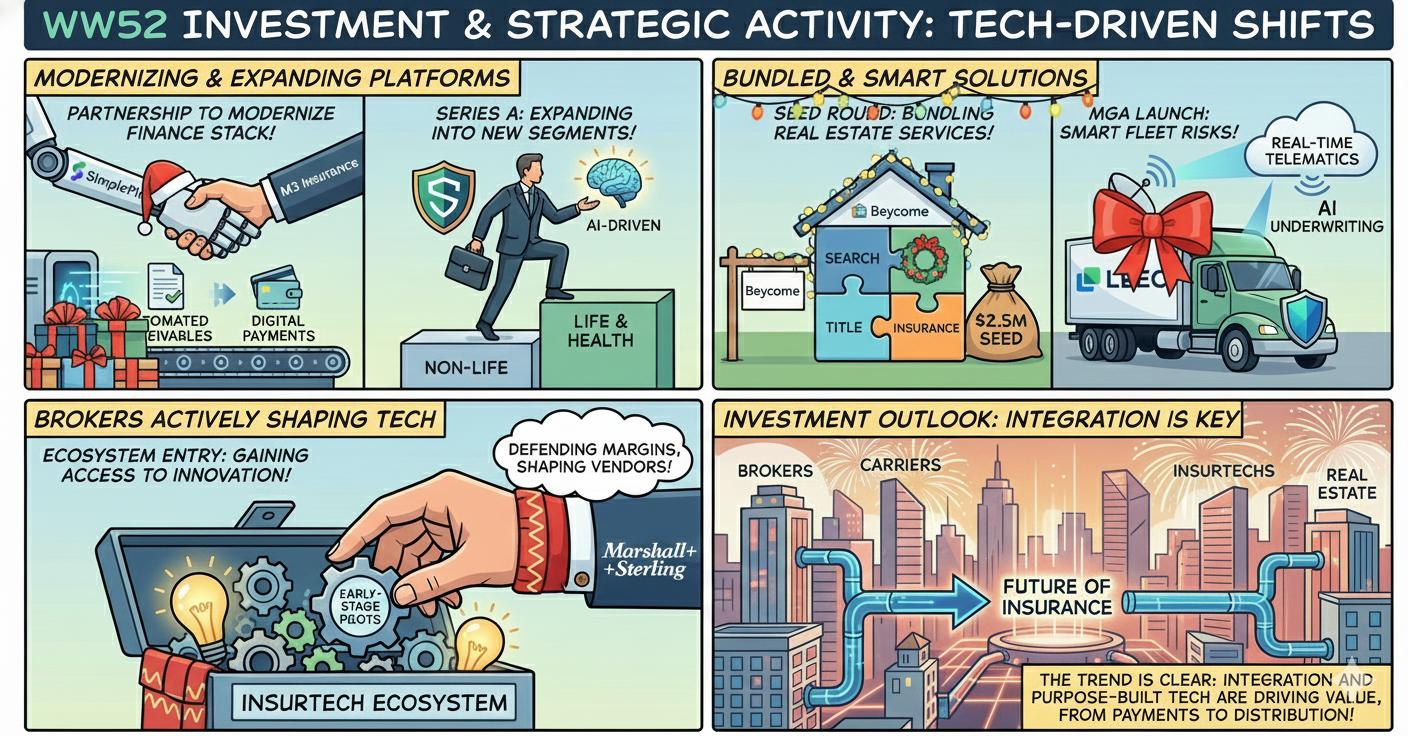Blank stares. That’s usually the first reaction people at an insurance conference give when I tell them that we make video games. But video games can help lower insurance costs across the industry, gather better data and help make us all healthier and happier.
“Employee wellness programs are evolving into more holistic well-being strategies.” And for good reason, employees are healthier and happier when all their needs are taken care of, a major component of wellness is encouraging exercise, and that is what this article is going to focus on.
The great thing about gamification is that it can be applied to almost anything. The psychology works regardless of the task being gamified, whether it’s bashing buttons, increasing loyalty to a brand or encouraging manual tasks. Scientific meta-studies of gamification conclude: “results of this systematic review indicate that gamification positively impacts engagement”





